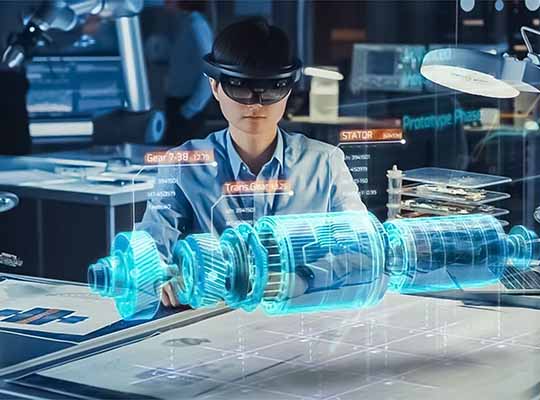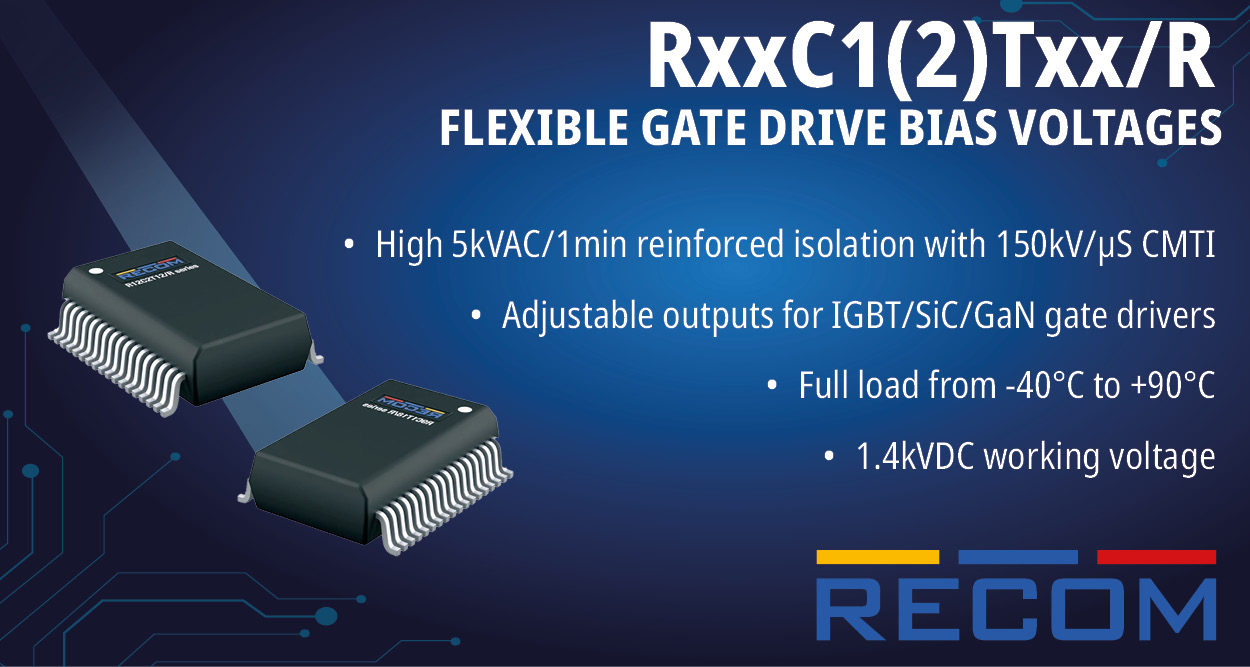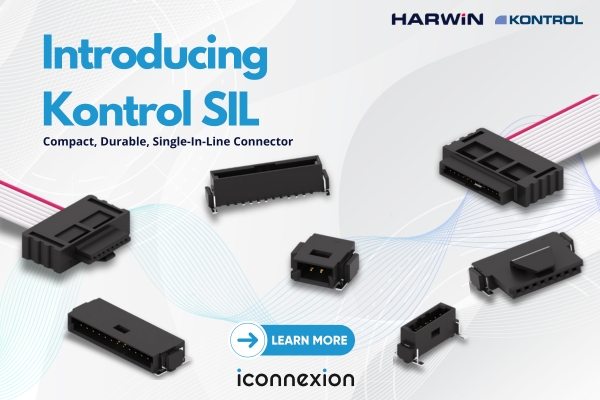The electronics industry today is changing at a frenetic pace, largely influenced by the current geopolitical situation and even more so by emerging technologies. The world and the electronics industry in particular have been in upheaval for the past 18 months, but that did not stop the adoption of new technology innovations. These new technologies are dynamic and many of the emerging trends stabilize in the short term and become part of our lives. Some technologies, however, remain in the hype cycle and do not impact our lives at all. Let’s examine some of them, and how they will shape the industry.
Increasing use of robots in automation
Robotics in automation started with Industry 4.0 and is now found in applications across all industries. The adoption of robotics saw a great boost with the advent of e-commerce and the need to maintain smart warehouses. It is common to see robots being used in every warehouse in some form. Robotics is the process of designing and using robots to perform a certain task (mostly tedious or repetitive). Automation on the other hand is the process of using machines (including robots), embedded software or other technologies to perform tasks that are usually done by humans. There is a distinct difference between robotics and automation. But when robotics is used to automate, it becomes more flexible to automate repetitive tasks. Emerging research areas like biocybernetics, robot manipulators, computer aided manufacturing, and computation geometry enhance and streamline processes. The electronics industry is devising new sensors, more powerful gateways to collect data points and using cloud technology to efficiently improve process automation.
Artificial Intelligence (AI)
Executives in the electronics industry have long recognized the importance of AI and are embracing it with open arms. Most mobile devices that we use today integrate AI in some form or other. Innovative device manufactures are not only adding AI to their devices but also in their own manufacturing or business processes. AI helps to determine customer preferences and gives impetus to focus on what is worthwhile to make. Companies like Intel, Google, Apple, Samsung and many others have AI powered processors and almost every service company owns a large amount of structured or unstructured data. These data are gathered from various interaction points such as email, social media posts and feedback forms. The intelligently designed processors can harness the power of data to achieve optimal business outcomes.
Security in electronic devices
As more and more electronic innovators are making smart and connected devices for industrial and personal use, they need to be aware of malware attacks and the security of these devices. They have to design to stop cyberattacks. The electronics industry is taking futuristic measures to add in-built security options in making these connected consumer items and industrial devices. AI and machine learning are playing a big role in securing your cameras, baby monitors, pacemakers, web routers and simple connected assistive devices.
The industry understands that it will require the entire ecosystem to step up to make more secured devices so the emphasis is on designing for chip level security. Both hardware and software technologies are getting increasingly fortified to keep the electronics devices more secure.
Predictive Maintenance
There is increased awareness among users of this industry that regular maintenance is no longer sufficient. It is necessary to innovate new technologies and have intelligent devices capable of predictive maintenance. The advent of industrial internet of things (IIoT) in every vertical has made it possible to leverage machine data to improve process efficiency and operational performance of these machines. When we deploy sensors and take that data from edge to cloud efficiently, we have a real time benefit of reducing planned and unplanned downtime of costly machines. In future, we will see more of such innovative devices that comply with safety norms and provide preemptive corrective actions to its users, leading to increased asset life.
Intelligent and adaptive supply chain utilizing data
Despite the recent happenings where we may erroneously feel that we are being isolated from one another, in this globalized world, we continue to depend on each other. The human race will be increasing be pushed to use the available resources more efficiently and sharing with everyone will become the new normal. This basic principle will put stress on the supply chain as we know today. The supply chain of hi-tech to everyday use will depend on electronic devices for secure and intelligent execution. This adaptive and very intelligent supply chain will base its decisions on data that it collects through numerous points. Modern technology has continued to play a critical role in driving the growth of the electronics industry. The ability to adopt and integrate these technologies will give organizations a competitive advantage – becoming more efficient by streamlining processes and resources, as well as predict and adapt any changes in the systems.
















